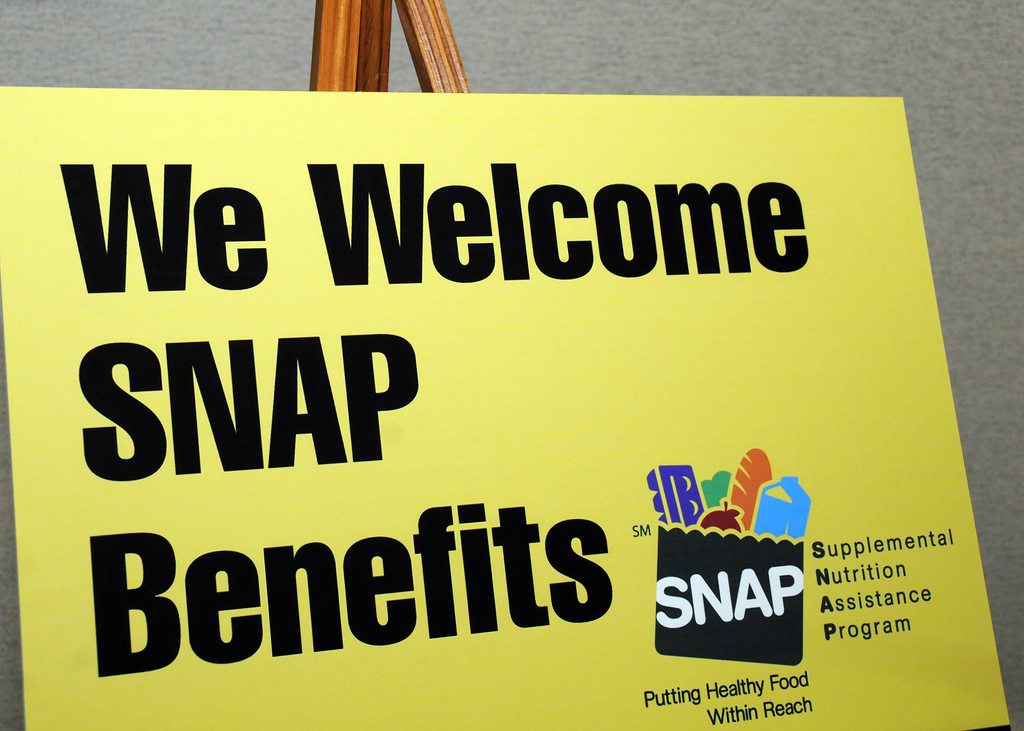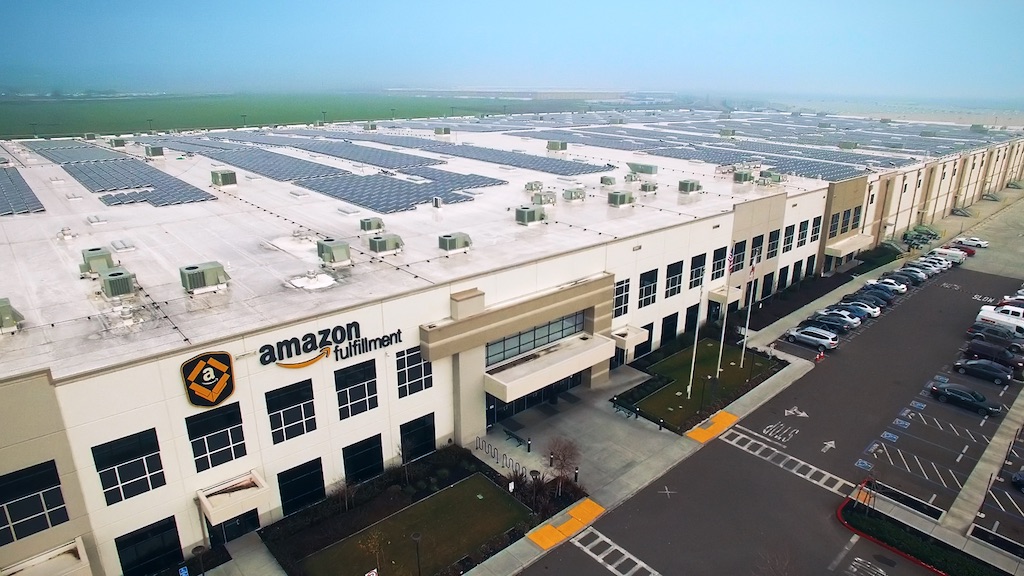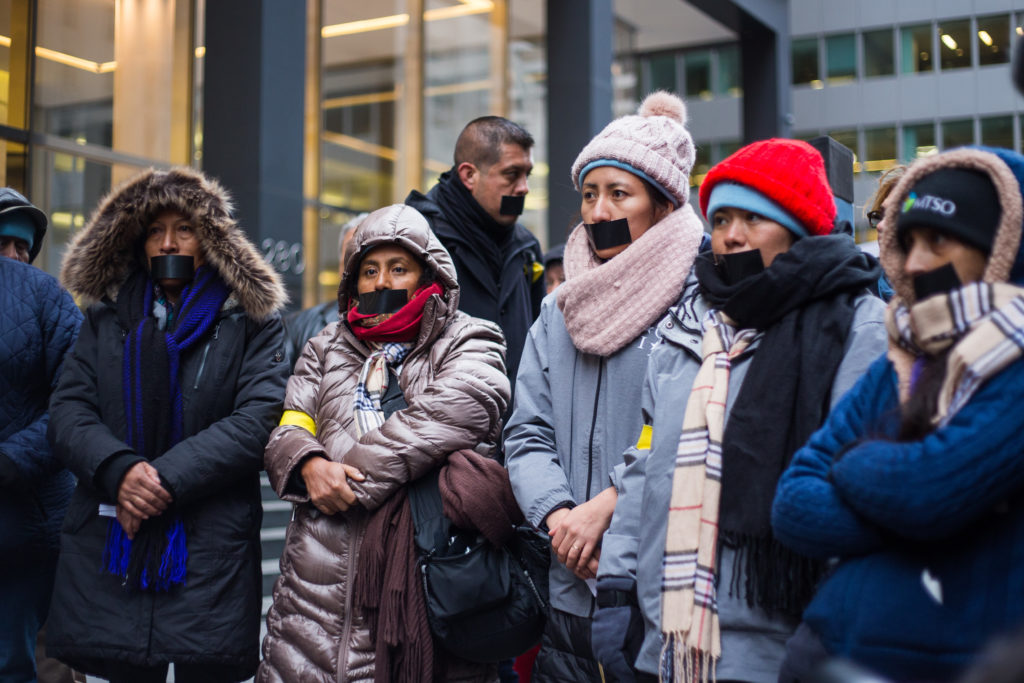Technical difficulties. Last week, the Rhode Island chapter of the American Civil Liberties Union (ACLU) and the National Center for Law and Economic Justice (NCLEJ) filed a class action lawsuit against the state over what ACLU called its “ongoing, critical, and widespread failure to timely provide food stamp benefits to needy families due in large part to its transition to a new, and very troubled, computer system.”
Said “new and troubled” system in question is the Unified Health Infrastructure Project (UHIP), which just sounds in name like the kind of massive, faceless “BIG IDEA” that gets hatched in an office park boardroom and then totally collapses on rollout.
Which … is pretty much what happened. UHIP is Rhode Island’s largest-ever IT project. It was launched in 2011 to take advantage of Obamacare-related federal funds and was intended to manage a range of public assistance programs, from subsidized child care to food stamps. Horsepowered, 21st-century public assistance? What could possibly go wrong?
Predictably: extreme SNAFU. Following a virtual cascade of functionality debacles and missed milestones, the system finally went live in September of this year. And the bill to state and federal taxpayers for UHIP totalled $364 million–more than triple the original cost estimate of $110 million, natch.
What that means for real people, according to the ACLU, is a “Kafkaesque foodstamp application process created by the new system, facing multiple delays in getting their food stamps due to computer glitches, lost paperwork, and other problems.” The story of Mea Martinez, one of the named plaintiffs, is akin to a DMV-type bureaucratic nightmare–if the DMV were responsible for doling out food assistance, that is: four hours in line after four months’ worth of phone calls and visits to food pantries to feed her family of five.
For her part, Rhode Island Governor Gina M. Raimondo last week issued the following statement in a press release: “While we experienced no major issues with the December 1 payments, Rhode Islanders across the state, including me, remain frustrated that people who count on our social service programs continue to experience long waits at our field offices and we continue to encounter system issues which dampen the customer experience.”
A dampened “customer experience” is what happens when you just need to buy a pack of gum and end up in line behind someone with a week’s worth of groceries. Feeding a family of five on delayed benefits? That’s apples to oranges.










